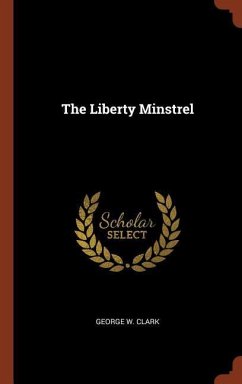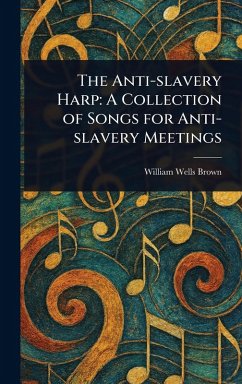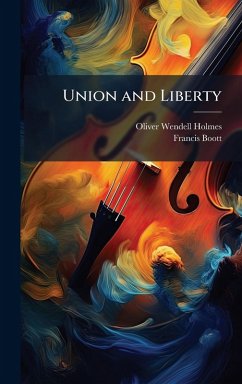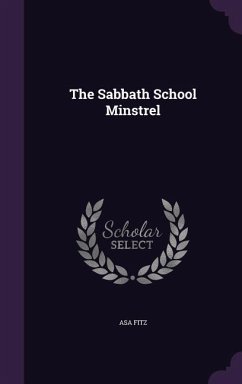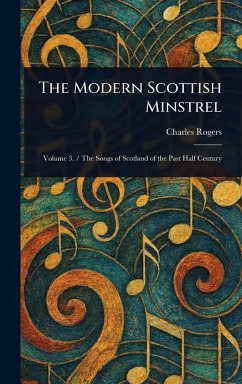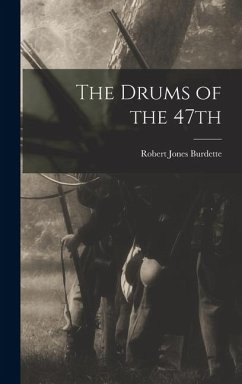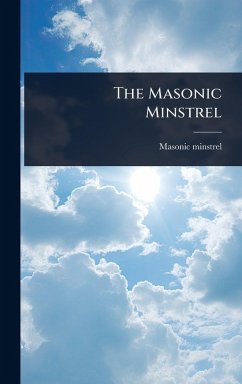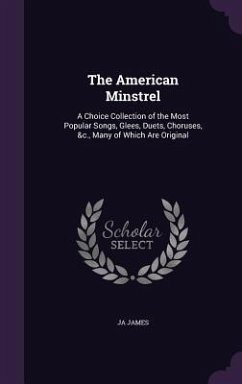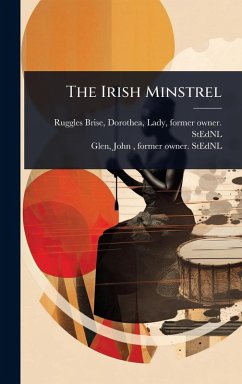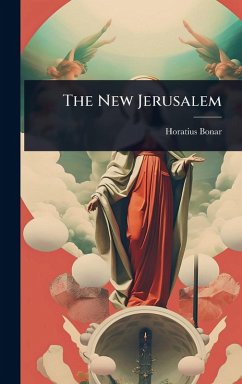
The Liberty Minstrel
Versandkostenfrei!
Versandfertig in über 4 Wochen
32,99 €
inkl. MwSt.
Weitere Ausgaben:

PAYBACK Punkte
16 °P sammeln!
"The Liberty Minstrel," compiled by George W. Clark, is a powerful collection of antislavery songs from the heart of the American abolitionist movement. This historic volume captures the spirit and passion of the era, offering a unique glimpse into the musical landscape that fueled the fight against slavery. Containing a range of songs intended for use in religious and social settings, "The Liberty Minstrel" reflects the deep moral convictions of those who sought to end this injustice. These songs, often drawing on Christian themes, served as both a source of inspiration and a tool for activis...
"The Liberty Minstrel," compiled by George W. Clark, is a powerful collection of antislavery songs from the heart of the American abolitionist movement. This historic volume captures the spirit and passion of the era, offering a unique glimpse into the musical landscape that fueled the fight against slavery. Containing a range of songs intended for use in religious and social settings, "The Liberty Minstrel" reflects the deep moral convictions of those who sought to end this injustice. These songs, often drawing on Christian themes, served as both a source of inspiration and a tool for activism during a pivotal period in American history leading up to and during the Civil War. More than just a songbook, this collection provides invaluable insight into the antislavery movement and the vital role music played in shaping public opinion. It is a testament to the enduring power of song to inspire hope and demand change. This carefully prepared print edition offers a clear and accessible window into this crucial aspect of American history. This work has been selected by scholars as being culturally important, and is part of the knowledge base of civilization as we know it. This work is in the public domain in the United States of America, and possibly other nations. Within the United States, you may freely copy and distribute this work, as no entity (individual or corporate) has a copyright on the body of the work. Scholars believe, and we concur, that this work is important enough to be preserved, reproduced, and made generally available to the public. We appreciate your support of the preservation process, and thank you for being an important part of keeping this knowledge alive and relevant.





